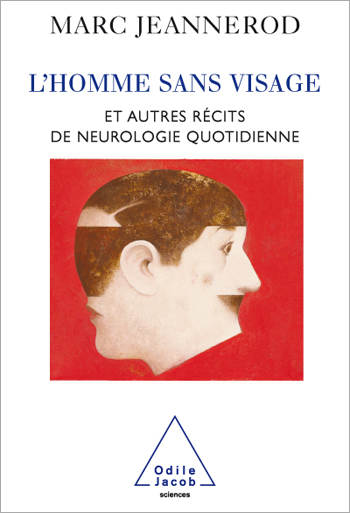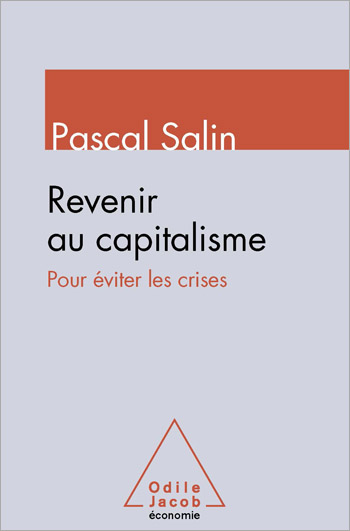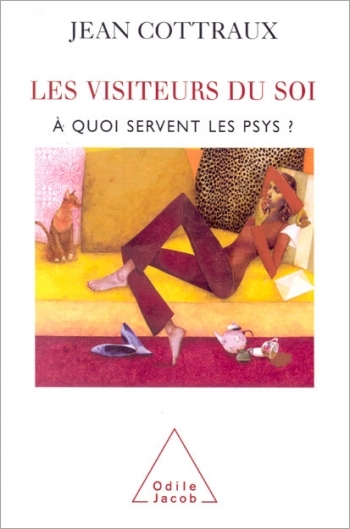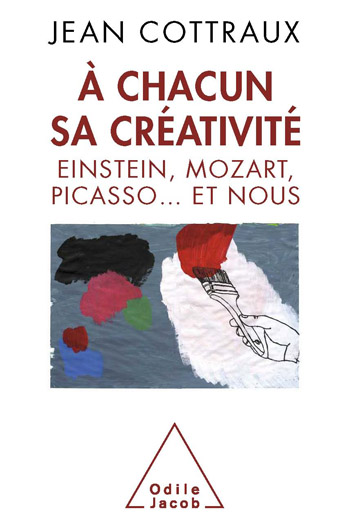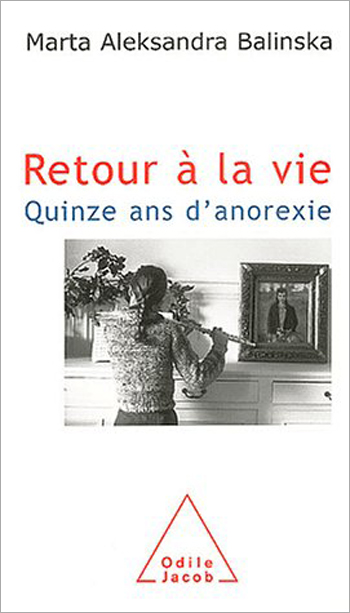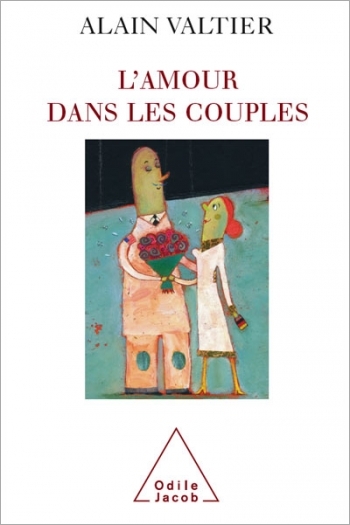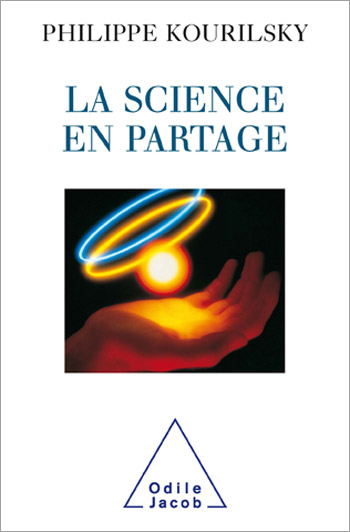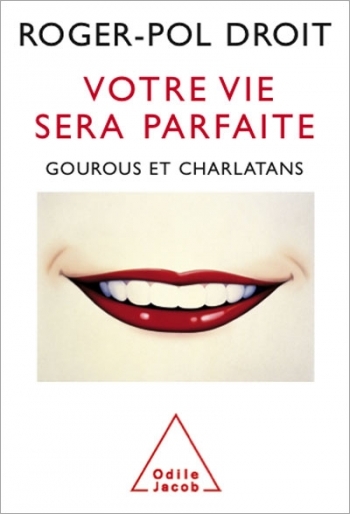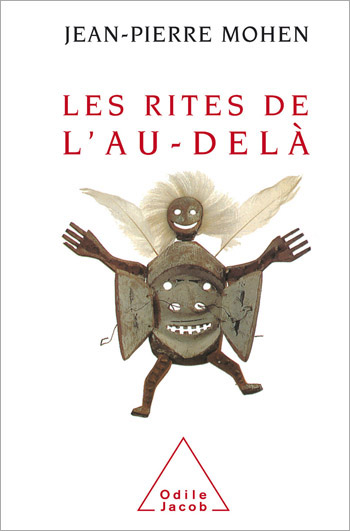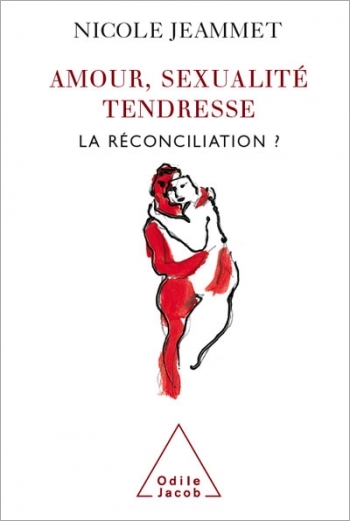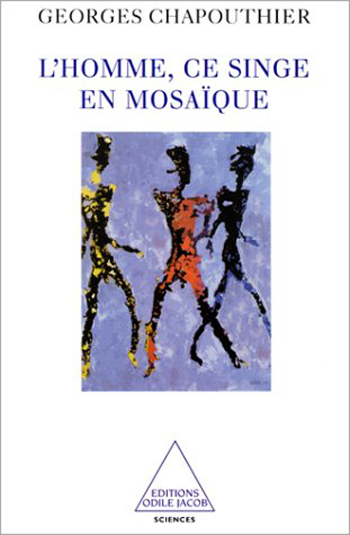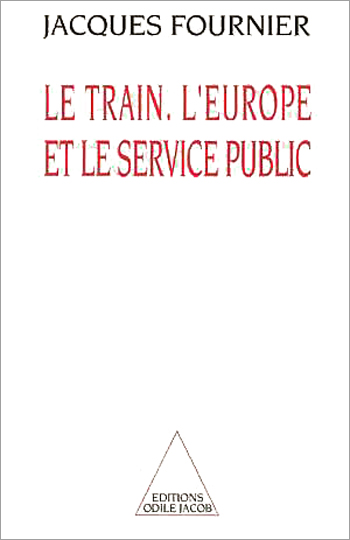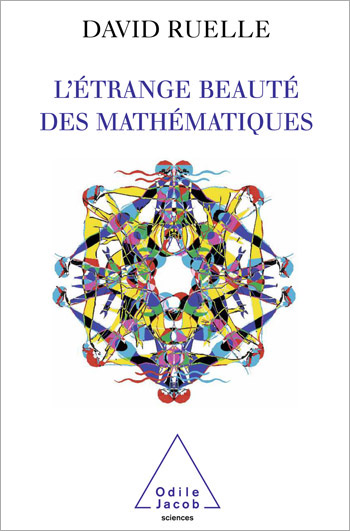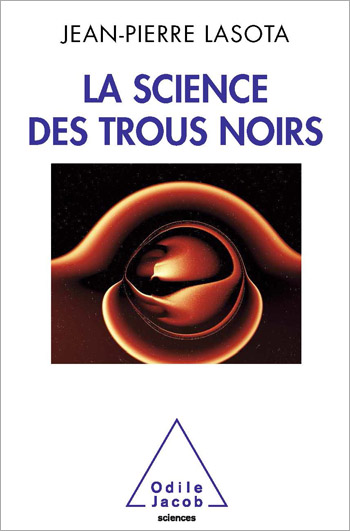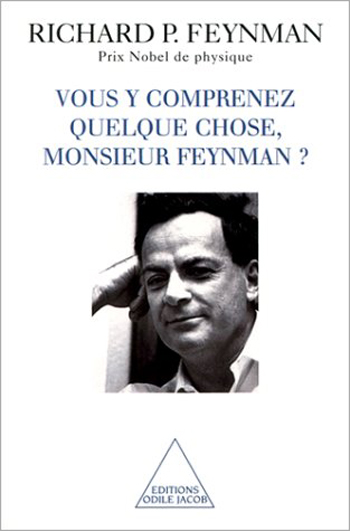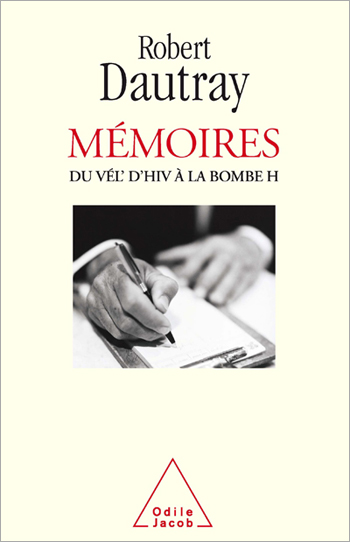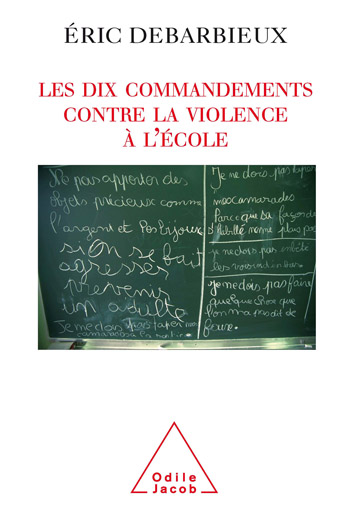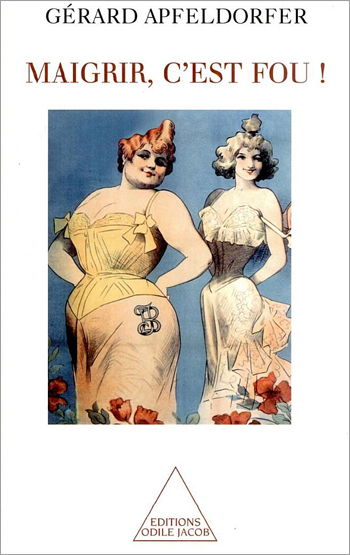Catalog All books
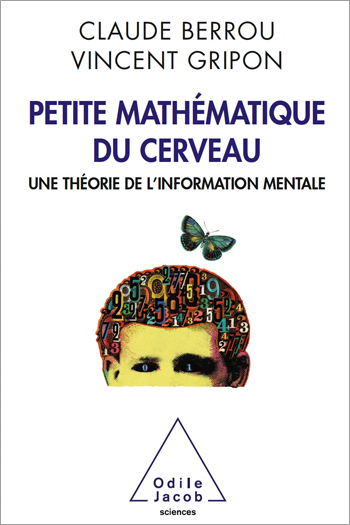
Claude Berrou, Vincent Gripon
Some Brain Mathematics A Theory of Mental Information
How the human brain processes information — an explanation between neuroscience and information technology.
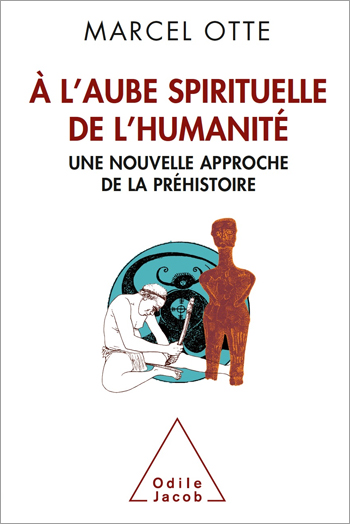
Marcel Otte
At Humanity’s Spiritual Dawn A New Approach to Prehistory
How did our ancestors think? What did they feel? How did they live?
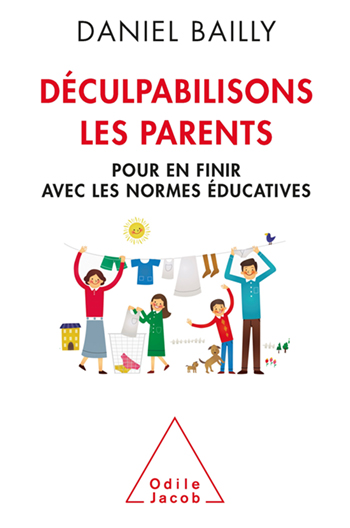
Daniel Bailly
Let’s Stop Making Parents Feel Guilty And Let’s Abolish Educational Norms
Parents need to feel more self-confident and spontaneous so they can focus on their child’s real needs
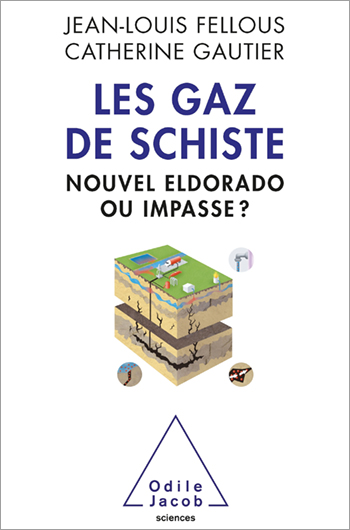
Jean-Louis Fellous, Catherine Gautier
The Gazs Shale New Eldorado or Impasse ?
Global problems related to the interaction of humans with their environment are multiplying: climatic upheaval, oil crisis, energy policies that are too lenient on carbon emissions
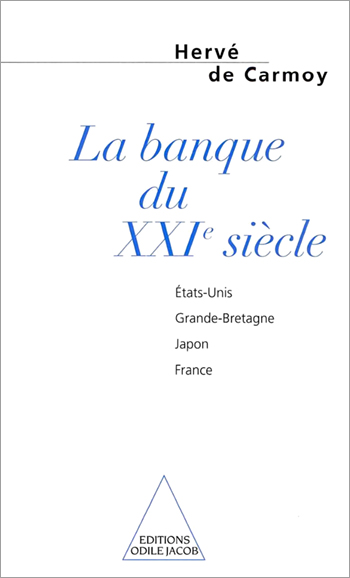
Hervé de Carmoy
The Bank of the 21st Century USA, Great Britain, Japan, France
This past decade has seen a profound modification of the banking environment due to technological mutations and a globalization of economy. What is the future of one of the oldest trades in the world, the money trade? What will tomorrow's bank look like?Hervé de Carmoy gives a thorough account of the recent banking evolutions in the United States, in London, in Japan, as well as in countries in full expansion, such as China. He takes stock of the setting up of bank industry in France. He questions the impact of drug money on financial circulation and diagnoses the emergence of a new banking model, the "Dividend-Bank", centered around transparence, rigour, profit and the obsession with clients. Former administrator-in-chief of the Midland Bank in London, Hervé de Carmoy is currently chairman of the BIMP. He is the author of "Banking Strategy".
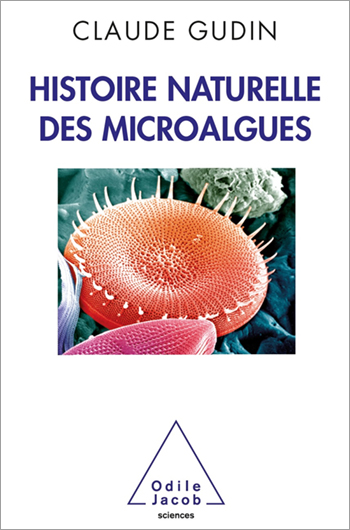
Claude Gudin
The Natural History of Microalgae
The amazing properties of microalgae may be crucial for the future of humanity
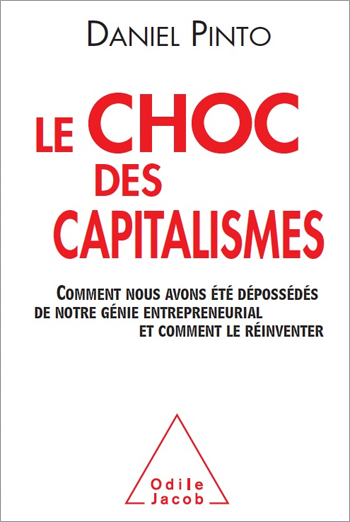
Daniel Pinto
The Clash of Capitalisms How we were deprived of our entrepreneurial genius and what we can do to reinvent it
Does capitalism still have a future? This book shows that it does, but only if it retrieves the formula that led to its success: the spirit of enterprise coupled with state support.
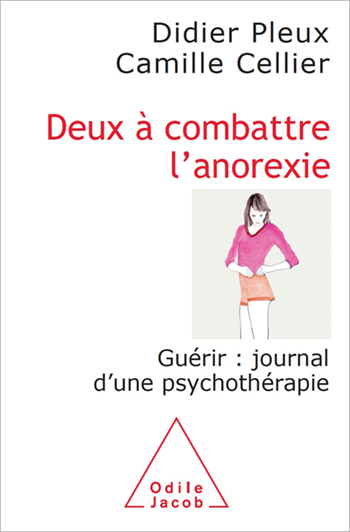
Didier Pleux, Camille Cellier
We're both fighting A Diary of Anorexia
How can anorexia be overcome? A young anorexic reveals the diary of her therapy and cure
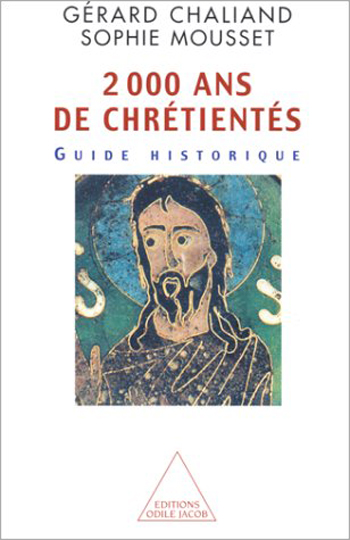
Gérard Chaliand, Sophie Mousset
2000 Years of Christianities A Historical Guide
Two thousand years of Christian thought are reviewed here through some key texts of the Christian tradition...
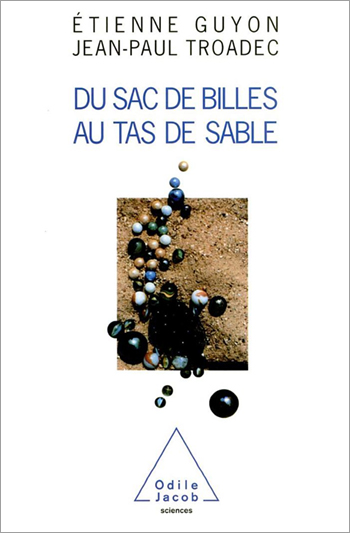
Étienne Guyon, Jean-Paul Troadec
From a Bag of Marbles to a Heap of Sand
Why don't sand dunes collapse? How does sand flow in an hourglass? How is it possible to empty a silo of all its wheat? What's a ceramic? The answer to all these questions can be found in the science of the complex organizations of matter, a science which is pluridisciplinary. Étienne Guyon, head of the École Normale Supérieure, and Jean-Paul Troadec, a researcher, present the characteristics of grain matter, the rules by which it is organized (in both crystal and fluid) as well as its movements (in silos as in avalanches).
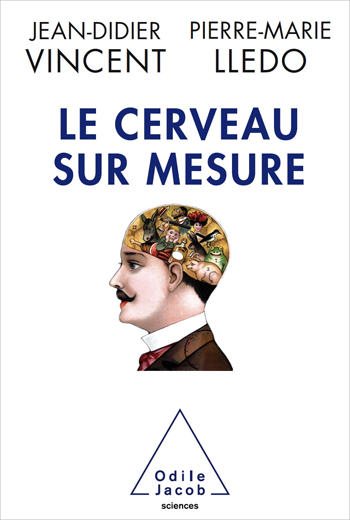
Jean-Didier Vincent, Pierre-Marie Lledo
The Made-to-Order Brain
The neurosciences are making it possible to repair, modify and enhance the brain, heralding a revolution for all of us
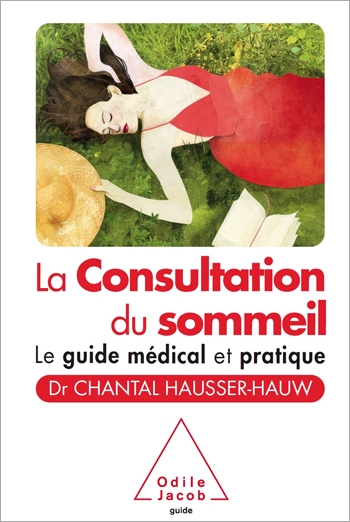
Chantal Hausser-Hauw
The Sleep Consultation A Practical Medical Guidebook
This complete guidebook, conceived as a consultation, shows how to put an end to insomnia.
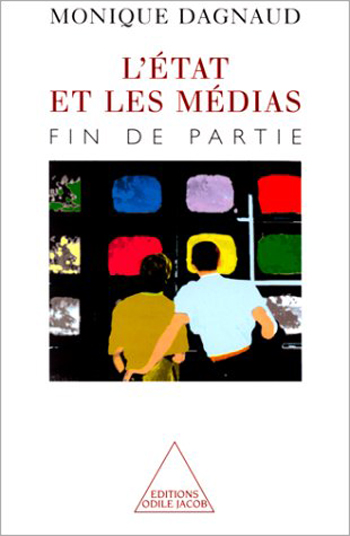
Monique Dagnaud
The State and the Media
Can the control of television broadcasting be justified? Should a broadcasting policy that favours cultural diversity be defended? What are the ties between media bosses and politicians or administrators? Can it be said that the content of programming is governed by an elitist plot? How is French media control different from that of other countries? How did it develop and how can it be applied to on-line media? Is there a French model of broadcasting? How has it evolved? Who will win the battle that is now being waged: the citizens or the giant global groups? Monique Dagnaud is a sociologist
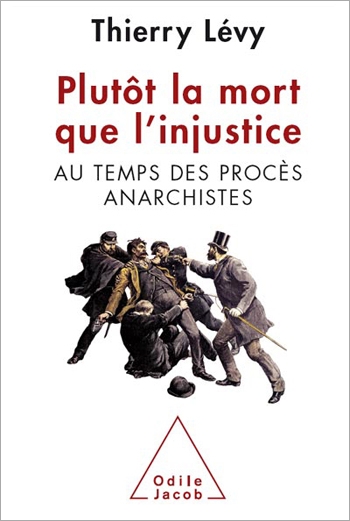
Thierry Lévy
Death Before Injustice The Era of Anarchist Trials
On 8 November 1892, a bomb went off in the staircase of a Paris police station. There was little doubt it had been the act of an anarchist...

